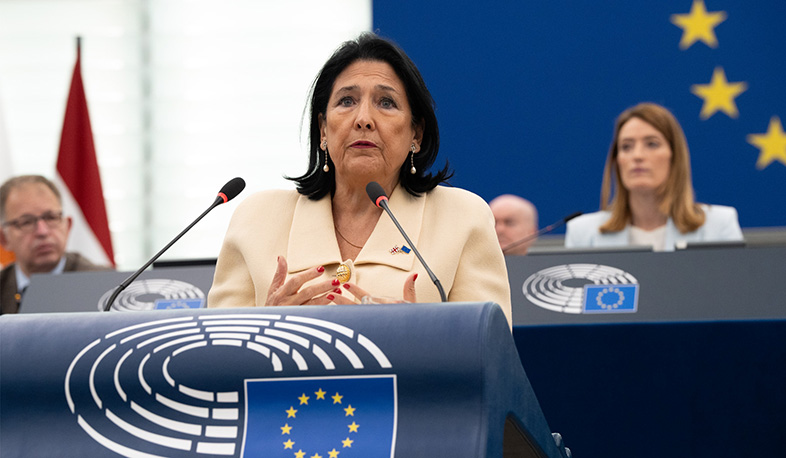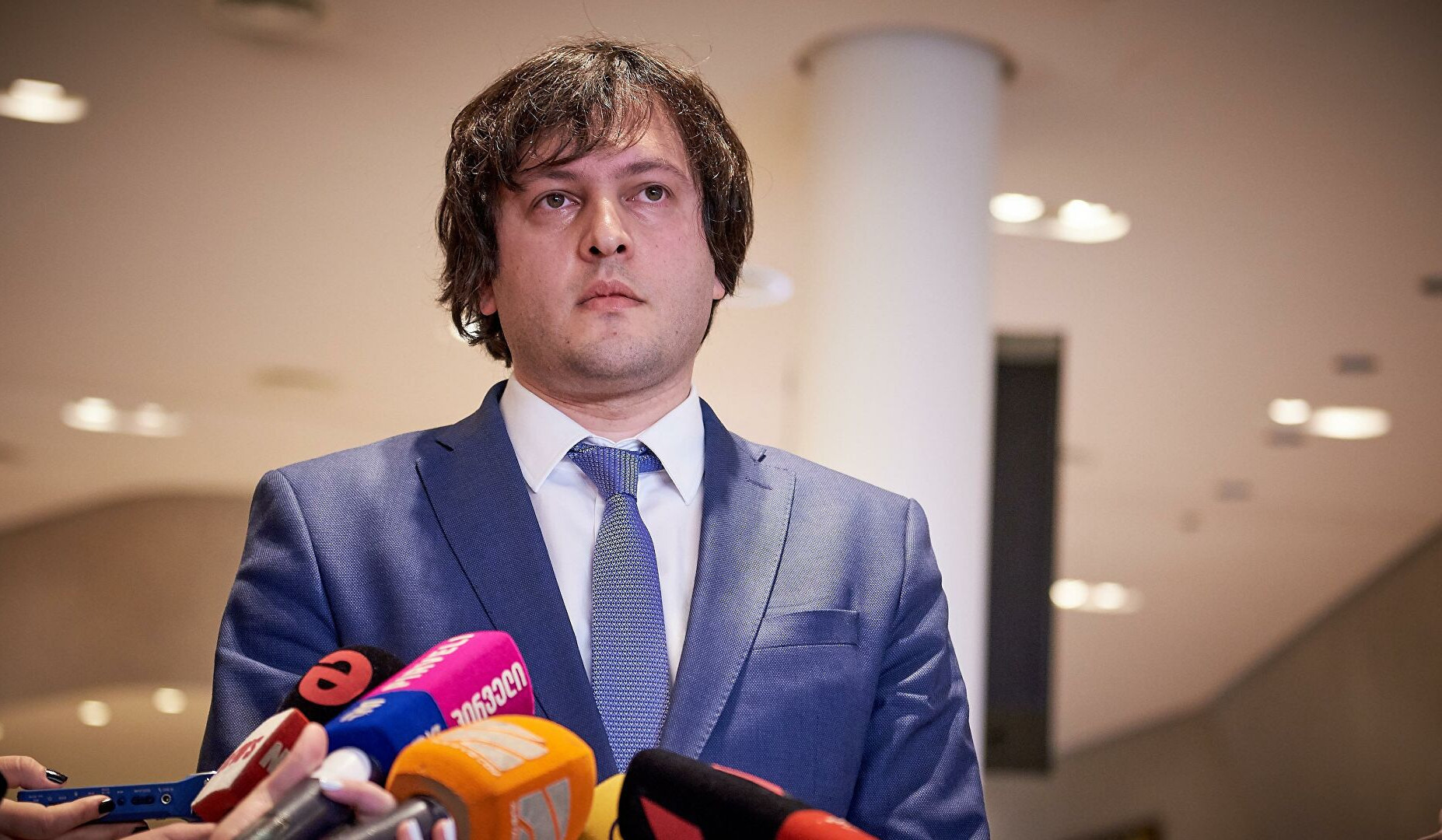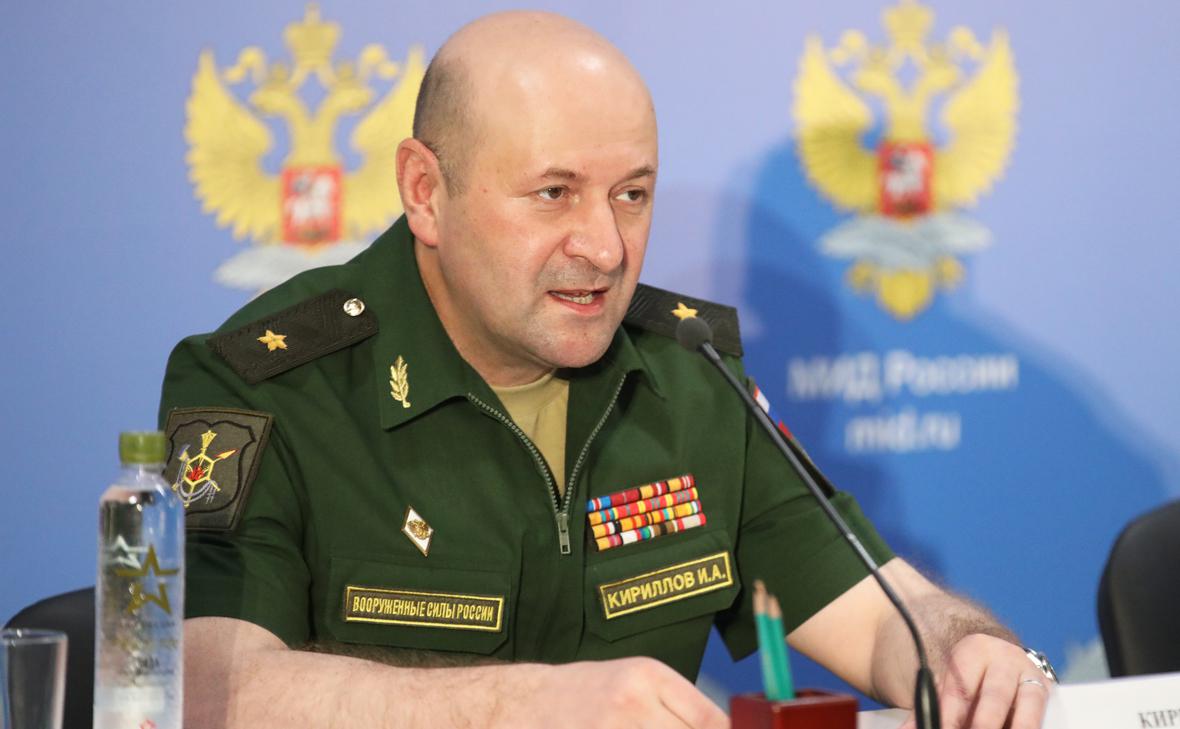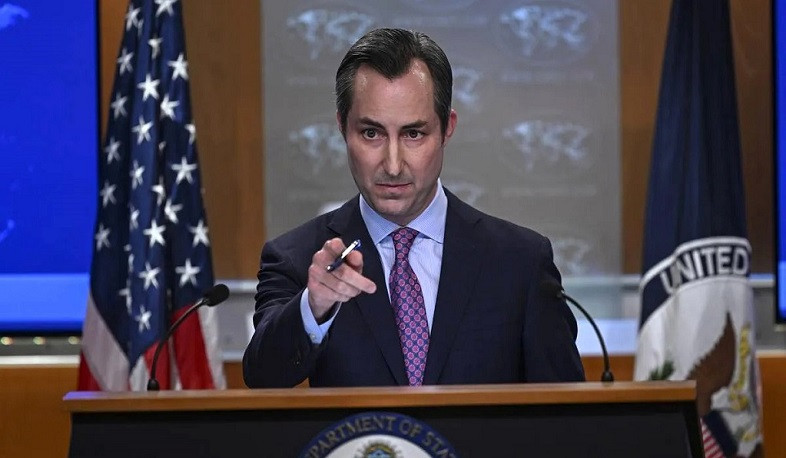Zurabishvili made speech in European Parliament

“This is not a revolutionary movement in the traditional sense because there are no demands about who should be removed from power. It is a call to return to elections in a free and fair environment and to see where the will of the people in Georgia lies today,” said Georgian President Salome Zourabichvili addressing the European Parliament, Georgian Public Broadcaster reports.
According to President Zourabichvili, there are no two parts of Georgia, though there is an attempt to convey that the country might be heading towards civil confrontation.
“Thank you all for allowing me, at this very crucial time for Georgia, to be here and to testify about what is happening today in my country. I also want to thank the delegation of European parliamentarians who were in Georgia a few days ago for their presence, which is very important at this stage.
It is a crucial time because, at some days and some months, we feel like we are in 1921. Things seem to be repeating themselves. This is probably what explains the courage and determination with which the Georgian people are reacting today to what they see as a deposition of their freedom and their future—independence, in a way, although that is not the case,” she said.
Salome Zourabichvili explained that the people of Georgia had been on the streets for 21 days making the movement “interesting.”
“People have been on the streets now for what some say is 21 days, in a very interesting movement that began during the nights, then shifted to the days, involving many different segments of the population. Practically, this movement now encompasses the whole society. But to be honest, it’s not only 21 days.
These protests began immediately after the elections. They occurred this spring when the Russian law was reintroduced for the second time. These protests also took place last spring when the Russian law was introduced for the first time. Protests have been a characteristic of Georgia each time the people felt there was a threat to their freedom, their European identity, and their independence.
There has never been a massive protest in Georgia about social conditions, despite many reasons to address that, as the situation there is not very satisfactory, to say the least. However, the only time when people in Georgia massively take to the streets is when they feel that an existential question is at stake, and that is the case today. This is a very peaceful movement; it is a massive civil disobedience movement, in a way, and it is asking only two things: give me my voice back because of the stolen elections, and give me my future, my European future, back, which is a request for new elections,” she said.
President said the protests were peaceful and what was happening in Georgia was not a revolutionary movement.
“This is not a revolutionary movement in the traditional sense because there are no demands about who should be removed from power. It is a call to return to elections in a free and fair environment and to see where the will of the people in Georgia lies today—something they are trying to express on the streets but want to be determined in a democratic way through the ballot.
There are not two parts of Georgia. There has been an attempt to convey that we might be heading towards civil confrontation. There are no two parts; there are the Georgian people on one side and the repressive apparatus of one party on the other side. That is it.
Any other attempt to demonstrate more of this division is that the ruling party, despite having taken a very definite Russian path, at times still pretends that they are somehow going back to Europe. Why is that? Because even among their closest supporters, people want this European path, as 80% to 90% of the Georgian population has expressed in various opinion polls and elections in this country since independence. Therefore, the leaders of the Georgian Dream, if they want to maintain some part of their dream, must somehow sustain that hope,” she said.
The President of Georgia clarified that protests started long before the elections.
“This attitude started before the elections, in fact. Maybe we didn’t see it clearly enough, with the Georgian Dream’s Russian path beginning really with the 2019 Gavrilov incident, which you might remember when a Russian was invited to take the seat of the president of the Georgian parliament. This was very strange; it appeared as an incident and then, with COVID, it was forgotten. But then we faced the rejection of the Charles Michel documents, which was a much clearer sign of moving away from the reforms requested by the European Union and heading in another direction. After that, in February 2022, came the Ukraine war. On the 25th of February—24 was the date of the start of the Russian aggression—the prime minister went to the monument commemorating the Georgian occupation of 1921 and declared that Georgia does not intend to engage, in his words, in financial and economic sanctions. This decision was based solely on the national interest of our country, at a time when no sanctions were yet in place.
Then we saw things progress in 2023: the first Russian law, the reintroduction of Russian flights, Russian rhetoric about various issues regarding Ukraine. The prime minister accuses NATO of provoking the prolongation of the war—if not starting the war outright. In 2024, came the second Russian law, alongside Russian rhetoric that reached new heights as the one man, one ruler of Georgia, Mr. Ivanishvili, spoke about a global war party and accused our European and Western partners of being responsible for almost everything.
Meanwhile, this anti-Western Russian rhetoric has been infused with LGBT tones and numerous accusations that Europe and America are trying to take away our identity and national values. This is echoes of something many of you have heard in another country north of Georgia. The construction of a Russian state is gradually happening but in a very systematic and definitive manner. All institutions are coming under the control of one party: the parliament, the government, the central electoral commission—with new roles for the elections—and that is preparation for what is to come. The central bank, the anti-corruption office, and even the pension fund are being reformed. Of course, the justice system is completely and totally under control, from the bottom up to the constitutional court,” she said.



